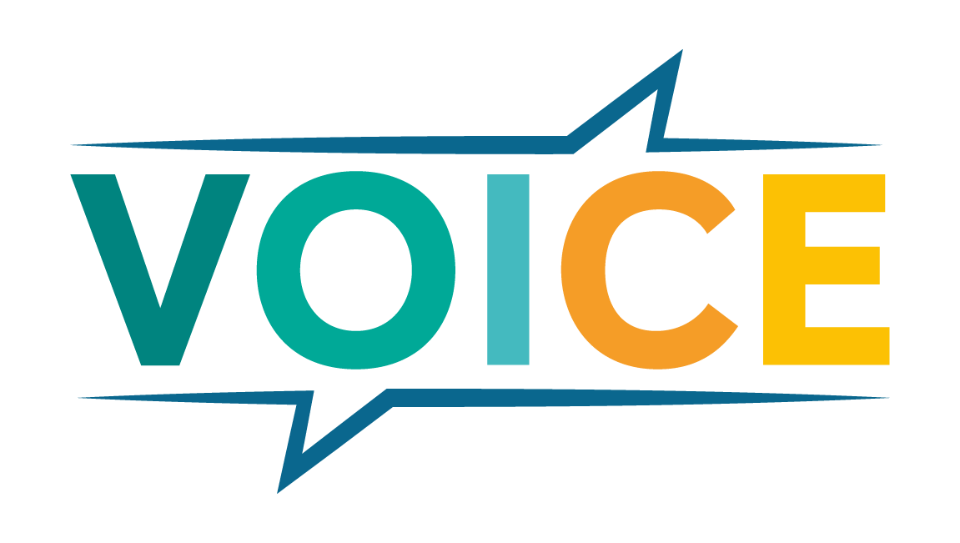News and Events
- UCD Engineering Spin-out Secures €6 Million to Accelerate Development of Groundbreaking Blood Flow Tech
- CDIC Automotive Design Competition 2024
- Teaching and Learning Awards
- Aisling Ní Annaidh recognised as a pioneer in her field through an ERC Consolidator Award
- Highly Cited: UCD researchers named amongst 2024’s most influential
- ESTEEM Graduate Programme
- Scientists’ next-generation space materials blast off for tests on ISS
- Competition! Celebrating John Stewart Bell’s Legacy
- Minister O’Donovan announces €26million for 40 research projects
- Engineering Class of 1958
- Professor Anding Zhu elected IEEE MTT-S President
- Bridges and Bytes – Launching the Student Voice on AI and Assessment
- European Research Council Funds Cutting-Edge Irish Research into Microplastics and Traumatic Brain Injury
- Professor Finola O'Kane appointed as a Senior Fellow at Dumbarton Oaks
- SBFE research fellow Xiaohui Lin receives the MSCA DOROTHY COFUND award
- Upskill with UCD’s engineering micro-credentials
- Minister O’Donovan announces funding boost for early career researchers
- Recent Lab visit by UCD Engineering & Architecture to Sheffield University Diamond Centre
- UCD Stormwater Runoff Research featured in Nicola Haines Team
- Madeleine Lowery among UCD Researchers recognised in SFI Frontiers for the Future Awards
- UCD’s LaNua Medical Wins Big Ideas Award at Enterprise Ireland’s Start-Up Day 2024
- Robotics Competition
- Congratulations to All the Winners of this years NovaUCD Awards
- Irish National Doctoral Research Cohort on Floating Offshore Wind Dynamic Cables is formed
- UCD and Northeastern University extend and deepen long-standing partnership with five collaborative research projects
- EPA announces €14.3M in new research funding
- Arup Scholarship Awards 2024
- UCD names new Vice-President for Equality, Diversity and Inclusion
- Project promoting safe staffing in the healthcare system wins UCD Research Impact Competition
- VOICE Project Launches to Shape Tomorrow's Sustainability
- Archives
VOICE Project Launches to Shape Tomorrow's Sustainability Through Art-Tech-Society Synergy
Wednesday, 17 January, 2024

VOICE aims to incorporate a variety of creative ideas and digital innovations into practical, real-life situations.
Matosinhos, Portugal, 16 January 2024 - As communities globally experience shifts in economic and social dynamics, with an increasing trend towards urbanisation, new challenges emerge. The VOICE project acknowledges the imperative to collectively generate, share, and transfer multifaceted knowledge. This knowledge is seen as a powerful tool to empower diverse stakeholders and communities to actively engage in addressing the complex issues associated with environmental and ecological sustainability. Recognising the transdisciplinary nature of these challenges, the VOICE consortium advocates for critical approaches to how technologies are designed, who benefits from them, and who contributes to their development. This understanding aligns with the goals outlined in the Green Deal, emphasising the need for a holistic approach that considers the diverse facets of human agency, including citizens, industries, and governments integral to environmental ecosystems. The project brings together eight partners from six countries. Over the next thirty months, VOICE will receive a total funding of 1.3 million EUR from the European Commission's Horizon Europe programme.
VOICE aims to foster dialogue, creativity, and co-creation among citizens, industry, and diverse stakeholders, with a strong emphasis on building a vibrant Community of Practice. By leveraging arts and cultural institutions as platforms for collaboration, VOICE seeks to cultivate a dynamic ecosystem where individuals from different backgrounds and disciplines come together. By integrating diverse creative expressions and digital innovation into 'real world' contexts, the project team sets out to inspire citizens and industry to think creatively and differently about the challenges posed by sustainability.
"Sustainability is not just a goal; it's a shared journey that involves the active participation of citizens, industries, and communities. VOICE envisions a future where our collective creativity and collaboration lead to innovative solutions for environmental and ecological challenges," says Ana Solange Leal, project coordinator from INOVA+.
Distinctive 'artist-driven' approach to ensure positioning interventions as catalysts for multi-stakeholder communities
VOICE proposes a distinctive 'artist-driven' approach, positioning interventions as catalysts for multi-stakeholder communities to engage in dialogue and collaborate on co-designed green and digital solutions. These interventions, known as Art-Technology-Society Interactions (ATSI), will serve as vital platforms for dialogue, knowledge exchange, and transfer within the VOICE ecosystem.
Taking a coordinated approach with shared aims, definitions, and intentions, VOICE employs an Inclusive Design methodology that underpins all engagements. This unique methodology aims to showcase innovative approaches to sustainable design, production, and consumption, inspiring both citizens and industry to think creatively and differently about the challenges posed by sustainability.
"VOICE represents a transformative shift in how we approach environmental sustainability," says Ana Solange Leal. "By leveraging the power of art, technology, and society interactions, we believe we can inspire meaningful change and contribute to developing a more resilient ecosystem."
Creating deeper engagement with the environmental problems
The VOICE consortium promotes a critical perspective on the design of technologies, questioning the beneficiaries and contributors to their development. Notably, the project contends that solutions should not be solely market or technology-driven. Instead, they should be concern-driven, necessitating a deeper engagement with the environmental problems, concerns, and interests of various groups in a collaborative 'dialogue' platform.
In essence, the VOICE project represents a departure from traditional, technology-centric solutions. It emphasises the importance of inclusive, concern-driven approaches that involve a wide range of perspectives. It aims to spark meaningful change in addressing pressing environmental and ecological sustainability issues by fostering collaboration and dialogue through artist-driven interventions.
KEY FACTS
Full name: VOICE – Valorising Artist-Led Innovation Through Citizen Engagement
Start date: 1 January 2024
Duration: 30 months
Budget: 1.3 Mil EUR
Coordinator: Inova+
Website: voice-community.eu
Social media: Instagram, LinkedIN (live by the KOM)